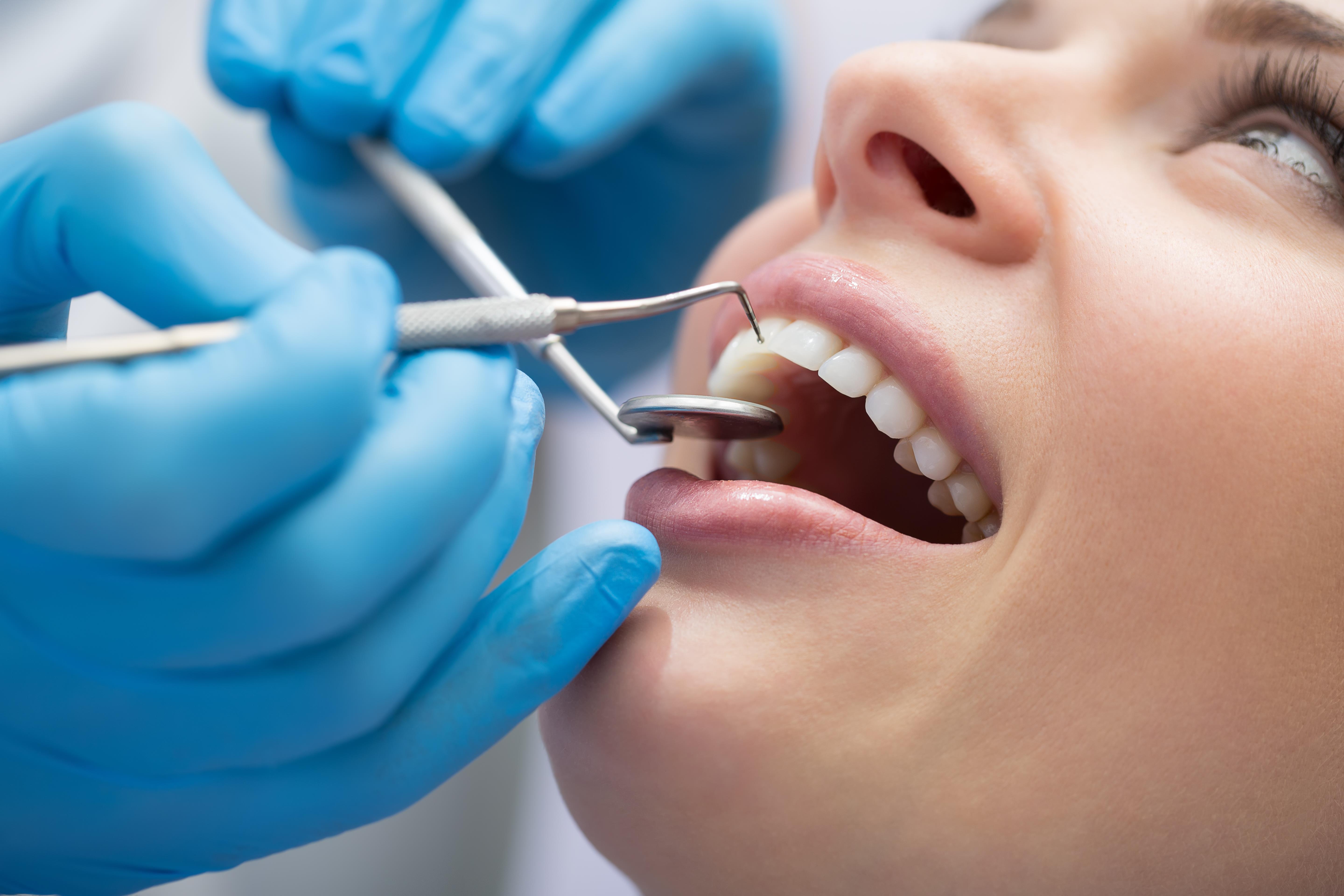Why You Ought To Select a Regional Dentist Eugene for Personalized Care
Why You Ought To Select a Regional Dentist Eugene for Personalized Care
Blog Article
An Overview to Common Dental Problems That Call for a Dental professional's Care
Toothaches, for instance, can be symptomatic of severe concerns such as tooth cavities, cracked teeth, or abscesses, each needing details treatments like fillings or root canals. Impacted knowledge teeth and jaw problems can present significant discomfort and complications.
Toothaches
Toothaches are an usual dental condition that can range from moderate pain to severe pain, usually indicating an underlying issue that needs expert focus. This pain can originate from a variety of sources, including oral tooth cavities, cracked or fractured teeth, and dental abscesses. Each of these problems postures substantial dangers if left untreated, potentially causing extra serious difficulties.
Tooth decays, likewise referred to as decays, are brought on by the buildup of plaque that wears down tooth enamel, causing openings or pits in the impacted teeth. Broken or fractured teeth, on the other hand, might arise from trauma, grinding, or biting into difficult objects. These structural problems can reveal the delicate inner layers of the tooth, triggering pain and enhancing the threat of infection. Abscesses are excruciating infections at the origin of a tooth or in between the gum tissue and a tooth, usually resulting from serious decay or neglected tooth cavities.
Effective treatment of toothaches entails attending to the origin. This might consist of fillings for cavities, crowns for fractured teeth, or root canals and antibiotics for abscesses. Very early intervention by an oral expert can prevent more degeneration and minimize pain, making certain ideal oral health.
Periodontal Disease

The key root cause of gum condition is microbial plaque, a sticky, colorless film that frequently bases on teeth. Poor oral health, cigarette smoking, genetic proneness, and particular medical problems, such as diabetic issues, can exacerbate the risk of establishing periodontal disease. Normal dental exams are crucial for very early detection and management of this problem.
Therapy for periodontal disease varies from professional oral cleaning and scaling to advanced treatments like root planing and gum surgical treatment, relying on the intensity. Maintaining great oral health practices, including cleaning two times daily, flossing, and utilizing a disinfectant mouthwash, can dramatically decrease the threat of gum illness and advertise much healthier gum tissues.
Cavities
Dental caries, also understood as oral caries, are a common oral problem characterized by the damage of tooth enamel as a result of acid-producing bacteria in the mouth. These germs thrive on sugars and starches from food and drinks, generating acids that progressively deteriorate the enamel, causing dental caries formation.
Early-stage cavities may not reveal signs, but as they progress, they can create tooth pain, level of sensitivity to cool or warm, noticeable openings or pits in the teeth, and staining. If left neglected, tooth cavities can pass through much deeper layers of the tooth, possibly resulting in extreme discomfort, infection, and also missing teeth.
Stopping dental caries entails a mix of excellent dental hygiene methods and dietary behaviors. Normal cleaning with fluoride toothpaste, flossing, and routine dental exams are vital. Dental experts might likewise recommend additional safety nets, such as fluoride therapies and oral sealers, to secure teeth from degeneration.
Therapy for tooth cavities depends upon their intensity. Minor cavities can be addressed with oral fillings, which bring back the tooth's framework. If the degeneration has reached the tooth's pulp, much more advanced cases might need site crowns or even origin canal treatment. Prompt intervention by a dental practitioner is important to stop difficulties and preserve overall oral health.
Impacted Knowledge Teeth
Influenced wisdom teeth are a widespread dental concern that occurs when the third molars, commonly described as knowledge teeth, stop working to fully arise or straighten properly within the mouth. This condition commonly results from inadequate space in the jaw or an irregular development angle of the teeth. Impacted wisdom teeth can bring about a variety of issues, including infection, damage, and discomfort to surrounding teeth.
When wisdom teeth come to be impacted, they are usually partly appeared or continue to be completely beneath the gum tissue line. This partial eruption can create a pathway for bacteria to go into the gum tissues, bring about infections that manifest as swelling, pain, and even fever (dentist eugene or). Furthermore, impacted knowledge teeth can exert pressure on bordering teeth, potentially creating crowding or shifting
A detailed oral exam, commonly involving X-rays, is essential for identifying influenced wisdom teeth. Treatment often entails medical extraction, carried out by a dental cosmetic surgeon. The treatment intends to relieve discomfort and protect against imp source additional issues, such as cysts or damage to surrounding bone structures. Post-operative care is vital to make certain correct recovery and lessen the threat of infection. Normal oral examinations are advisable to monitor the problem and preserve dental health and wellness.
Jaw Disorders
Final Thought

Oral dental caries, additionally understood as caries, are triggered by the build-up of plaque that deteriorates tooth enamel, leading to holes or pits in the influenced teeth. Abscesses are unpleasant infections at the root of a tooth or between a tooth and the gum, typically resulting from serious degeneration or neglected cavities.
Impacted knowledge teeth are a common dental issue that takes place when the third molars, typically referred to as wisdom teeth, stop working to totally emerge or straighten appropriately within the mouth. Affected wisdom teeth can lead to a selection of problems, consisting of damage, pain, and infection to adjacent teeth.
In addition, impacted knowledge teeth can put in pressure on bordering teeth, possibly creating crowding or shifting.
Report this page